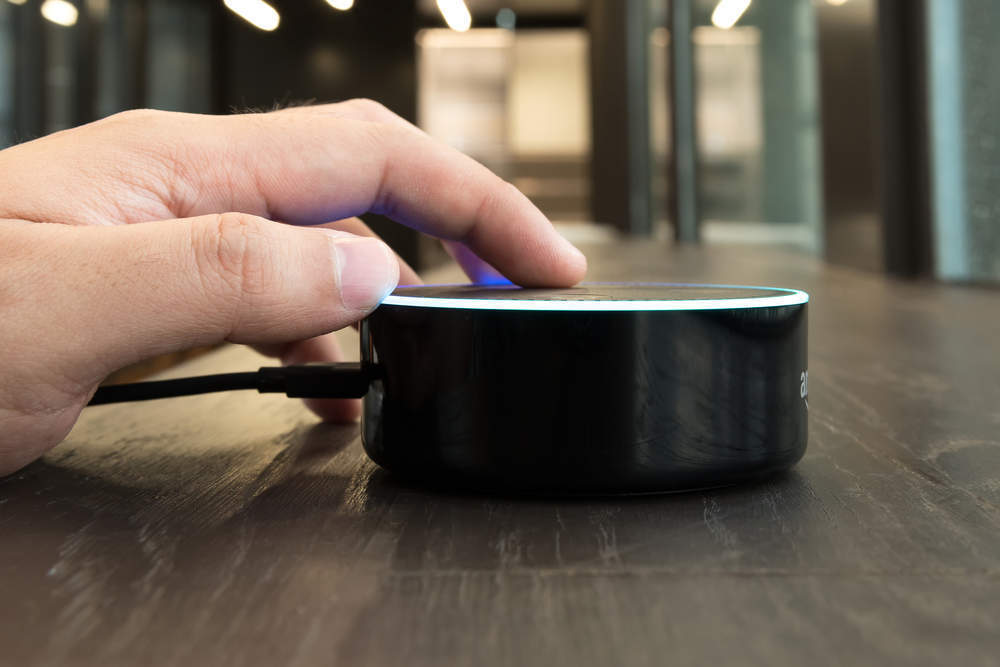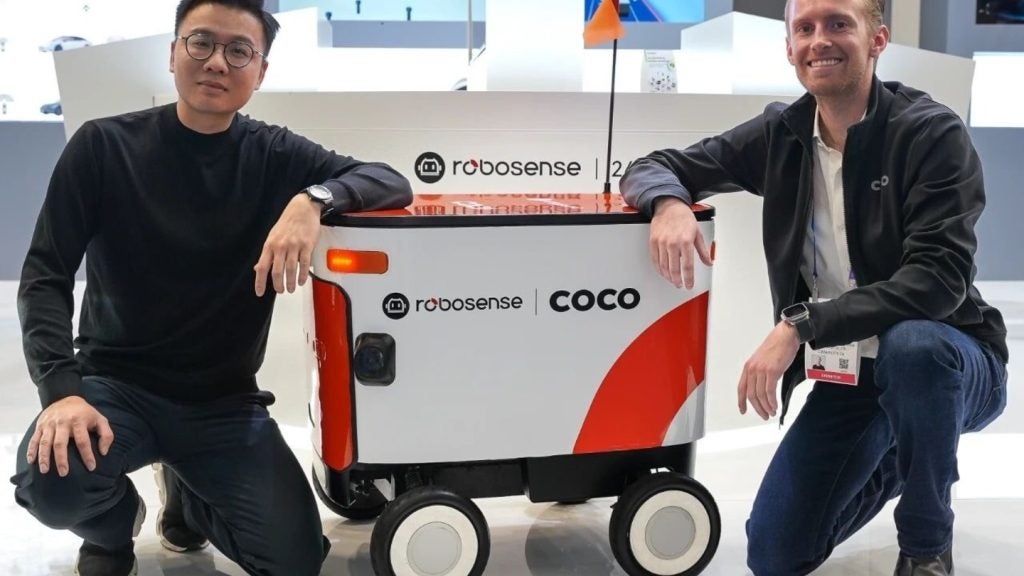Retailers may be concerned about the potential impact of Amazon to persuade customers to voice order all their future needs through its home assistant Alexa, but the current implementation suggests there’s little to worry about.
The potential is clear – if users of Amazon’s Echo products integrate the technology into all aspects of their lives, then it seems a short jump to ask Alexa to purchase products for them.
And because of the blind nature of voice ordering, Amazon could prefer its own brands to branded products and its own stock to third-party marketplace retailers to maximise returns; it should be noted though, that to date, Amazon has allowed retail rivals space to compete directly with its own retail offer.
While the scale of Amazon makes it impossible to talk of a level playing field, if another retailer on Amazon Marketplace undercuts the price of Amazon’s own stock, then it, and not Amazon, becomes the default purchase option.
The trouble is that voice ordering is not as simple as it sounds.
Trying this at home, Alexa responded to a request for AA batteries by placing a book on battery technology in the shopping basket.
How well do you really know your competitors?
Access the most comprehensive Company Profiles on the market, powered by GlobalData. Save hours of research. Gain competitive edge.

Thank you!
Your download email will arrive shortly
Not ready to buy yet? Download a free sample
We are confident about the unique quality of our Company Profiles. However, we want you to make the most beneficial decision for your business, so we offer a free sample that you can download by submitting the below form
By GlobalDataNot just any old book on technology, but one for £194.

Attempting it again, Alexa wrongly selected AAA batteries, despite the website showing that it had correctly heard a request for AA batteries.

Giving Alexa one more chance, she again heard the instruction correctly, but decided on some hearing aid batteries instead for reasons unknown.

In other words, the technology is so bad there is no way that anyone could trust it to complete and pay for orders without checking the contents of the shopping basket on a laptop or mobile device first, at which point there is plenty of time to reconsider the purchase, or check elsewhere for better products or prices.
The technology will undoubtedly improve, but currently there is no way to offer Amazon any feedback on Alexa’s ridiculous choices.
If it is so bad at choosing something as commoditised as batteries, it has a long way to go before shoppers will entrust it to choose clothes for them, for example.
Amazon continues to invest in Dash buttons which can at least be relied upon to order the right product.
The future of voice ordering may reside with a more multi-device approach, using Alexa to narrow down product choices or navigate through Amazon apps or websites, and the Echo Show (which incorporates a screen into the speaker device) indicates that Amazon may take this direction.
For many, though, this represents a backward step; if you are using a screen-based device you may as well use your fingers to speak to it.
After all, smartphones have had voice assistants for many years, but there is little evidence that retailers have exploited this function, or that shoppers want to order through them.
For Amazon, its retail ambitions for Alexa may not be the control of all household product purchasing through voice ordering. Amazon may be content with the incredible richness of data about us that Alexa’s microphones pick up, and the precision in customer targeting it will be able to provide across all its channels.








Related Company Profiles
Amazon.com Inc